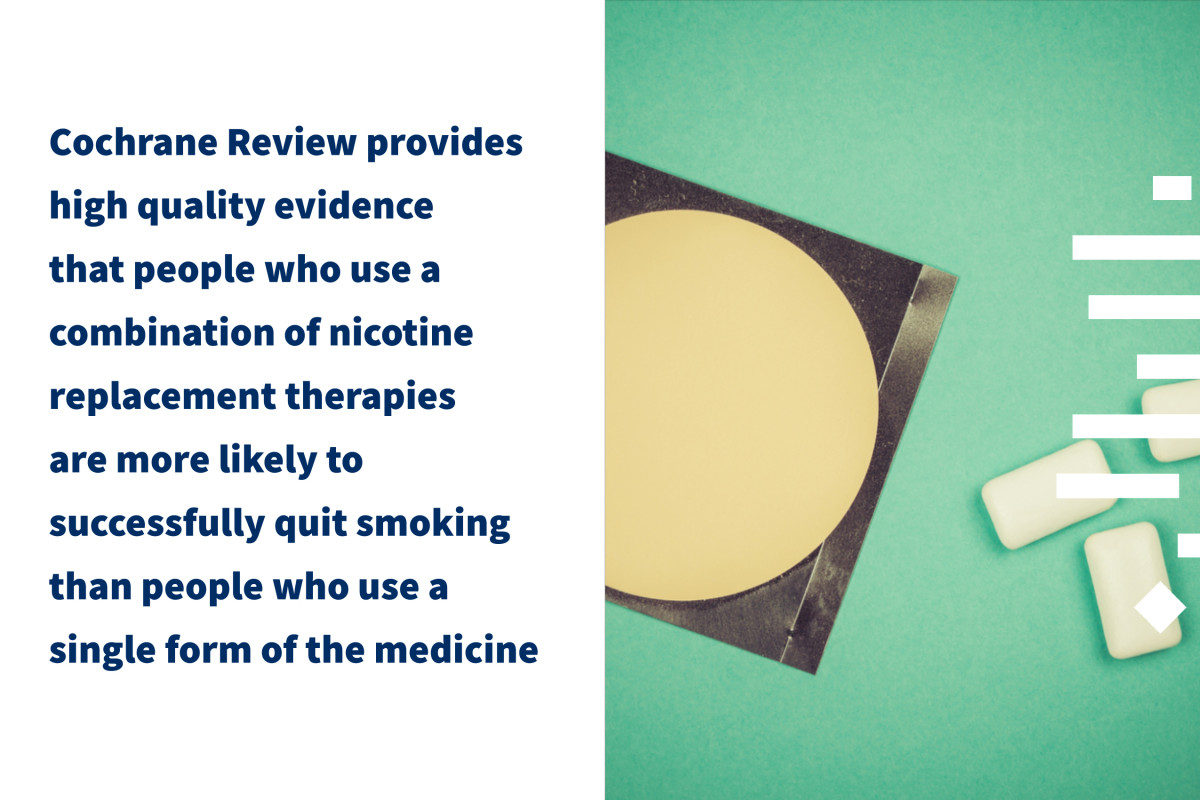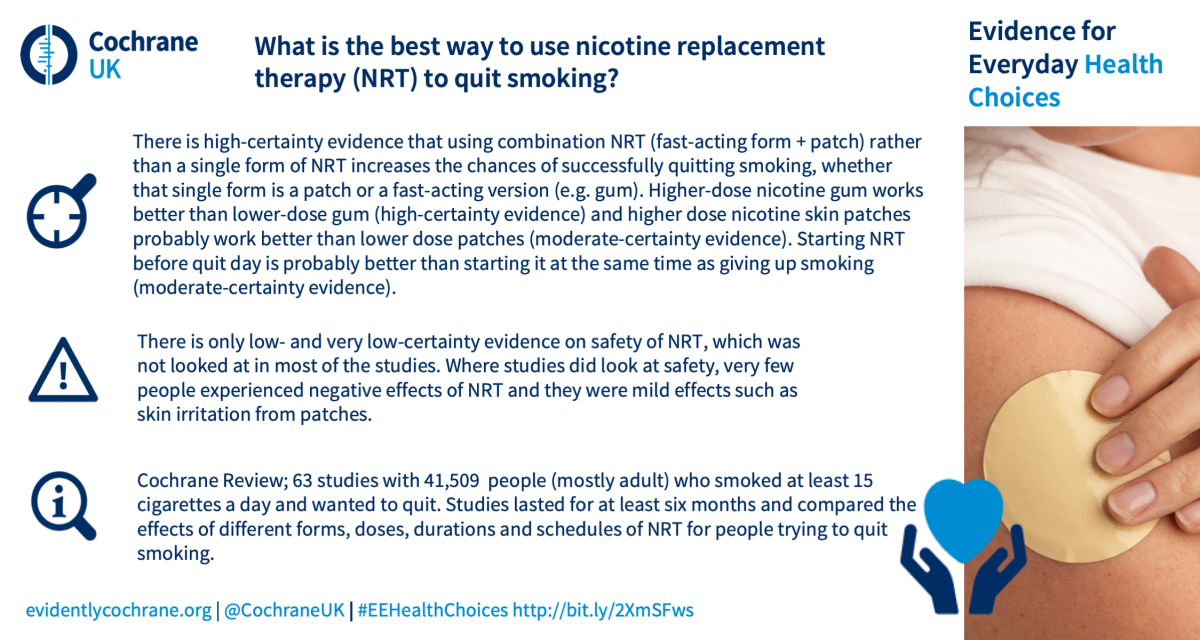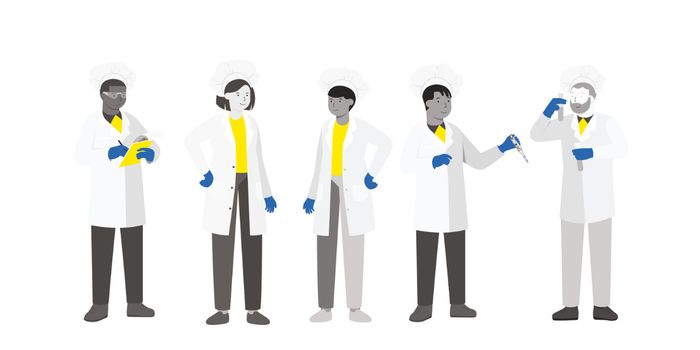Efficacy of Nicotine Replacement Therapy
New research evidence, by the Cochrane Review, indicates that a combination of nicotine replacement therapies are most likely to help smokers quit versus just a single form of therapeutic. Nicotine replacement therapy (NRT) are medicine available as skin patches, chewing gum, nasal and oral sprays, inhalers, lozenges and tablets. The purpose of NRT is to that deliver nicotine through the body to the brain and in many countries NRT can be acquired from healthcare professionals as well as over-the-counter. Specifically, NRT works by replacing the nicotine that people receive form smoking so the urge to smoke is reduced and ultimately, they stop smoking altogether.

Lead author of the study—Dr. Nicola Lindson from the Nuffield Department of Primary Care Health Sciences, University of Oxford, UK says: "NRT is easy to access over the counter for people who would like to quit smoking, but many people don't use it to best effect, so their chances of giving up smoking are reduced. This high-quality evidence clearly signposts that the most effective way to use NRT is to use a combination of two products at once, a patch and a fast acting form such as gum, nasal spray or lozenge. Quitting this way increases the chances of you stopping smoking altogether. Some people are concerned about using two forms at the same time, but the evidence does not indicate an increased risk of harms." She added: "While this advice is included in the most recent clinical guidelines in the UK and US, incorporating these findings into training and prescribing guidelines for health professionals, and advice for individuals looking to purchase NRT will likely help more people to give up smoking."
Learn more about nicotine replacement therapies:
Findings were published by the Cochrane Tobacco Addiction Group.

"We tried to answer some more questions about NRT use, such as how long NRT should be used for, whether NRT should be used on a set schedule or as wanted, and whether more people stop smoking using NRT when it is provided for free versus if they have to pay for it. However, more research is needed to answer these questions."
Source: The Cochrane Review








